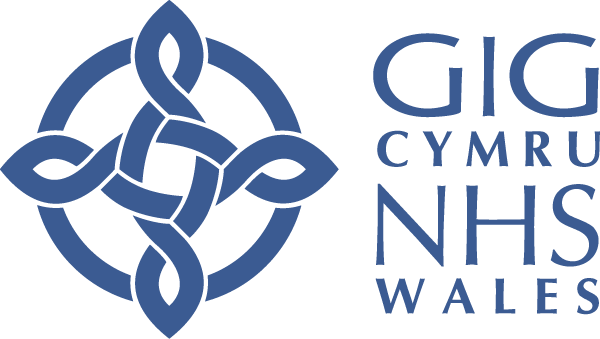Call 0800 020 9366
Antimalarials
What we offer
Malaria is a life-threatening disease caused by parasites which are transmitted through bites of infected female Anopheles mosquitoes. There are five parasite species that cause malaria in humans, and two of these species, p.falciparum and p.vivax, pose the highest threat.
If you are planning to travel, speak to one of our pharmacists to establish if you require antimalarial drugs. The pharmacist will check the risk of malaria and also the type of
activities you will be carrying out to decide if you will need anti-malarial drugs.

There are three types of antimalarial drugs available, Doxycycline, Malarone (atovaquone/proguanil) and Lariam (mefloquine). During your consultation, a pharmacist will check the WHO database which outlines the risks and prophylactic treatments available, then discuss which antimalarial drugs are suitable for you, as well as the main pros and cons of each type.
Doxycycline is the cheapest, however one of it's drawbacks is that approximately 3% of people develop skin that becomes very sensitive when exposed to sunlight. For prophylaxis (prevention) of malaria typically the dosage for adults is;
- 100 mg once daily starting 1 to 2 days before travel
- continue taking it every day during your stay
- continue taking it for another 28 days after your return to a malaria-free area.
- Doxycycline is a prescription only medicine, therefore you will need a private prescription from your GP to obtain a supply.
Malarone (atovaquone/proguanil) is the newest agent and is more expensive than doxycycline. It's advantage is that, of the three chemo-prophylactic regimens, it is taken for the shortest length of time. The recommended usual dose for adults is one tablet once a day, taken as below.
- start taking Malarone 1 to 2 days before travelling to an area which has malaria
- continue taking it every day during your stay
- continue taking it for another 7 days after your return to a malaria-free area.
Malarone can be bought over the counter or prescribed on a private prescription. It is probably cheaper to buy over the counter, as there are cheaper generic versions available, plus the GP and pharmacy might also charge you fees for writing then dispensing a private prescription.
Lariam (mefloquine) has the advantage of having to be taken only once a week. However, it has been controversially associated with neurotoxic side effects and is not suitable for some 'at-risk' groups. Therefore, in order to ensure, before arrival in endemic area, that Lariam administration is well tolerated, it is recommended to start chemoprophylaxis with Lariam 10 days before departure (i.e. first intake 10 days before departure and 2nd intake 3 days before departure). Subsequent doses should be taken once a week (on a fixed day).
Treatment is continued for 4 weeks after leaving a malarious area (minimum treatment period 6 weeks). The maximum recommended duration of administration of Lariam is 12 months. Like doxycycline Lariam is a prescription only medication, therefore you will need a private prescription from your GP to obtain a supply.
Please note that children require different dosages to all the above drugs depending on their age. Please contact us for advice.
If you are planning on travelling, please book a consultation well in advance or visit our pharmacy so that you can receive the maximum projection from the drugs. Also, the pharmacist will give you advice on how to minimize your risk of mosquito bites and other appropriate precautions for your travel.
If you would like a quote for any of the above then please don't hestitate to contact us. There are many online pharmacies etc - we can usually beat them all!
Free Phone - 0800 020 9366
Fax - 01792 790166
service@treboethpharmacy.co.uk
697 Llangyfelach Road, Treboeth, Swansea SA5 9EL
Pharmacy Information
Company Name: Newport Pharmacy Ltd
Company Registered In: UK
Company Reg Number: 04134346
GPhC Premises Reg Number: 1043853
Superintendent Pharmacist: Andrew Mather
You can read our privacy policy here
Website by SIGGA Design Ltd

